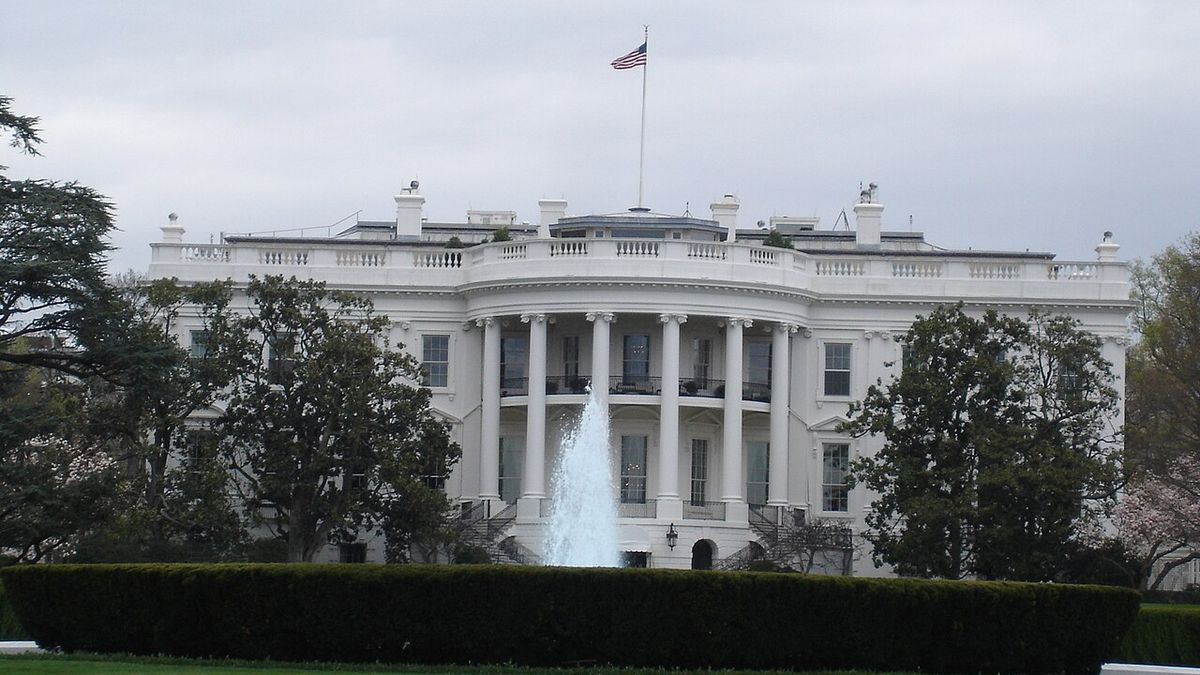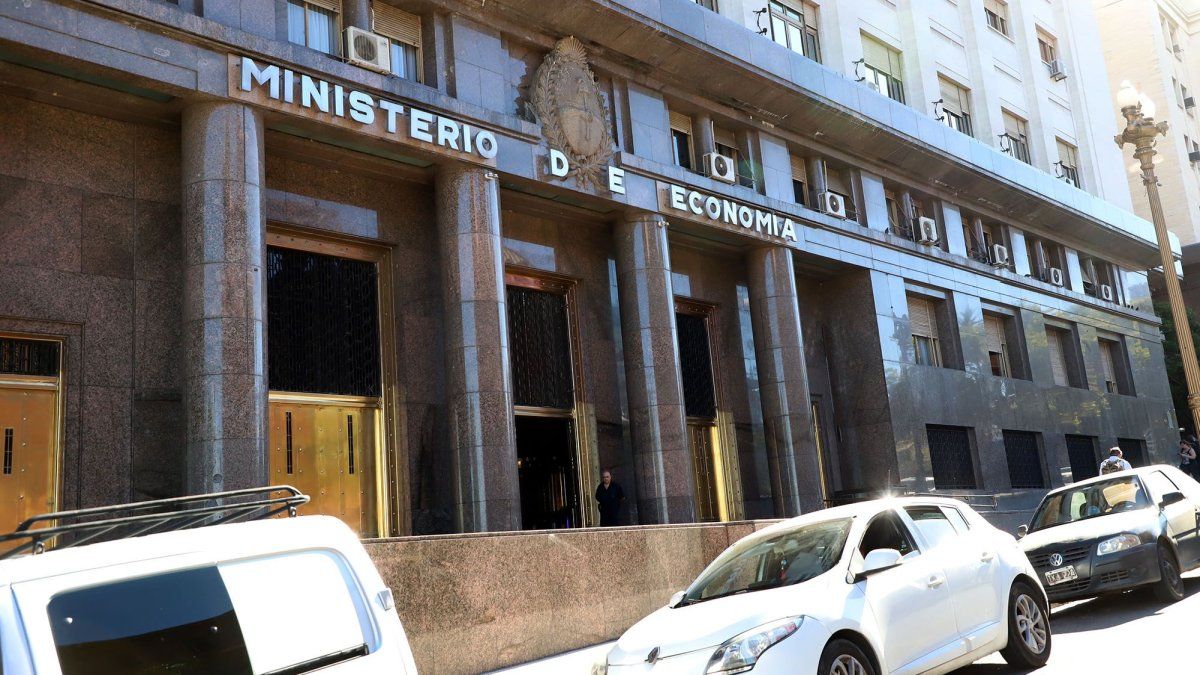On Tuesday, November 5, The United States will decide the political future of the countryboth at the executive and legislative levels. The voluntary election day will define, among other positions, the next president, the total composition of the House of Representatives, one third of the Senate and the governorships of several states.
The election, as has been the case for some years now, moves under a certain suspicion of globalization and its benefits, thus reflecting an increasingly fragmented international system and with a strong resurgence of nationalism and xenophobia as central political symptoms.
Part of this scenario seems to respond to what Tokatlian presents as the closing of a period in which, based on the preeminence of its values, institutions, rules, preferences and interests, since the end of the 18th century, first in an incipient way and then More markedly, the West predominated. Since the late 1970s, it is possible to notice a notable transformation in different spheres and dynamics, with the East emerging from a post-Western world.
Under this context, President Milei’s reading of the world has been, to say the least, peculiar, as the announced “new foreign policy doctrine,” together with the head of the US Southern Command, Laura Richardson, stands out in numerous opportunities the specific weight of “Western values”.
The new doctrine, a novelty for national foreign policy, is reflected in the intense and informal agenda of visits to the United States; the announcement, from Israel, to move the country’s diplomatic headquarters to Jerusalem; the political decision not to join the BRICS; the notorious disinterest in Latin America, only interrupted to encourage personal attacks against leaders in the region, and the adoption of positions contrary to the United Nations 2030 agenda, among other decisions.
Under this scenario, the result and dynamics of the election that will define the next head of the White House are presented as a fundamental aspect to understand the expectations of the Milei administration and the Argentine national interest.
Regarding Trump, there is an evident affinity with President Milei, as well as an unprecedented focus on the “anti” rhetoric (China, Russia, Venezuela, Iran, among others) that the Argentine president proclaims. However, faced with an agenda marked by growing tensions with China, the hopeless war in Ukraine and the unstable scenario in the Middle East, the attention or interest of the United States towards Argentina does not seem to be a priority.
Faced with the debate that has shaped different fronts of Argentine politics since 2018, the support of Trump or Harris before the International Monetary Fund seems unlikely. Several years after the agreement signed by Mauricio Macri, there is a technical and political level in the IMF that is reluctant to have a risk in Argentina regarding its legitimacy as a multilateral entity.
In a regional key, Anthony Blinken, current Secretary of State and line of Democratic continuity, presented “the strategy for the renewal of the United States.” Aimed at rebuilding North American leadership in a “new world”, the lack of mention of Latin America is striking, something that, under the Republican front, promises, as a corollary of Trump’s first term, extreme harshness regarding immigration policies. regards. Again, neither Argentina nor Latin America are presented as a priority, not only for a party, but for the national interest of the United States.
It makes sense for Argentina and the Milei administration to be able to define a national interest that today appears diffuse. The sacrifice of permanent interests in order to satisfy the temporary interests of a party or person is today the common denominator of a government that goes against what the country needs and what the world offers.
When Foreign Minister Guido Di Tella spoke of “carnal relations” with the United States, the world had changed significantly. The fall of the Berlin Wall, the end of the Cold War and the closure of a world divided in two had given way to the rise of the United States as a hegemonic power.
Today’s world is remarkably different, and the national interest of a country like Argentina should be in multiplying ties and not sacrificing the relationship with our main trading partners, such as Brazil and China, in order to align with the United States, when The world offers much more than two options. Furthermore, as the former ambassador in Washington, Jorge Argüello, pointed out, no one demands that much from us.
International analyst and teacher (USAL – UTDT)
Source: Ambito




